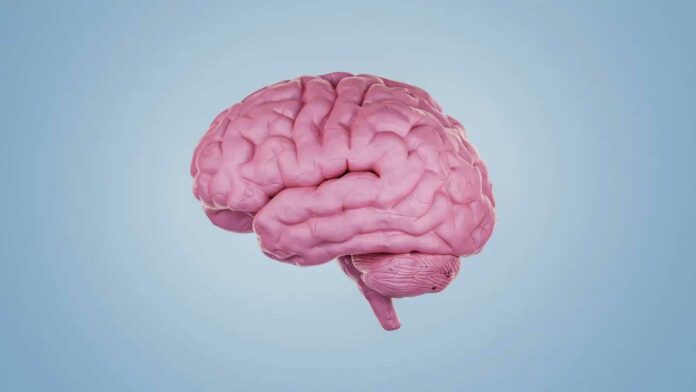In our modern, high-speed world, our brains are on a near-constant treadmill of information processing, decision making, and problem-solving. The demand for constant productivity can leave us feeling drained, stressed, and less effective than we’d like to be. Enter the concept of the brain break, a powerful tool in the quest for mental clarity, enhanced creativity, and overall well-being. This detailed exploration sheds light on what brain breaks are, backed by science, and provides practical advice for integrating them into your life to harness their full potential.
What Are Brain Breaks?
Firstly, breaks of brain are deliberate, short pauses taken during periods of intensive mental activity. Additionally, they are designed to refresh the mind and enhance mental clarity. Unlike longer breaks aimed at separating large chunks of work, brains breaks are brief – often only a few minutes. Furthermore, they can be taken in the midst of task execution. Moreover, they involve shifting attention away from the cognitive demands at hand to engage in an activity that allows the mind to rest and reset.
The Science Behind Brains Breaks
The neuroscience underpinning breaks brain is both fascinating and convincing. When we focus on a task for extended periods, certain neural pathways become overstimulated, which can lead to mental fatigue, decreased productivity, and even diminished creativity. Brain breaks help by momentarily diverting our attention, engaging different parts of the brain, and giving those overworked neural pathways a chance to recover. This process not only prevents burnout but also facilitates the consolidation of learning and the generation of new ideas.
The Benefits of Incorporating Brain Breaks
The adoption of breaks brain into your daily routine can yield substantial benefits:
Boosting Productivity and Creativity:
By allowing your brain to reset, you’re more likely to return to your tasks with renewed energy and potentially new perspectives that can enhance both your efficiency and your creative insights.
Enhancing Mental Health:
Regularly stepping away from intensive cognitive tasks helps to lower stress levels, reduce the risk of burnout, and improve overall mental health.
Improving Learning and Concentration:
For learners, the inclusion of breaks brain can aid in better information retention and concentration, making study sessions more effective.
Practical Ways to Implement Brain Breaks
Implementing breaks brain effectively requires conscious effort and a bit of creativity:
For Working Professionals:
Mini Meditation Sessions: A few minutes of meditation can significantly reduce stress levels and refresh your mind for the tasks ahead.
Physical Stretching Exercises:
Engaging in simple stretching exercises can relieve physical tension and improve blood flow, helping to rejuvenate both body and mind.
For Students:
Quick Creative Challenges:
Short, engaging, creative tasks can activate different areas of the brain, providing a refreshing pause in study routines.
Guided Breathing Techniques:
A few minutes spent on focused breathing exercises can help calm the mind and improve concentration and focus.
Customizing Your Brain Breaks
The most effective brain breaks are those that are tailored to individual needs and preferences. Some may find solace in quiet reflection, while others might prefer a brief physical activity to reset. Experiment with different types of breaks to discover what works best for you, and consider varying your activities to keep your breaks engaging and effective.
Challenges and Solutions
Implementing breaks brain may seem challenging, especially in a busy schedule, but even short breaks can be incredibly beneficial. Prioritizing these pauses and viewing them as non-negotiable parts of your routine can help ensure you take them. Setting reminders or alarms is a practical way to make brain breaks a regular habit.
Conclusion
Incorporating breaks brain into your daily routine is a simple yet profoundly effective way to enhance your cognitive function, productivity, and mental well-being. Additionally, by understanding the benefits and implementing the strategies outlined above, you can begin to experience the transformative power of mindful pauses in your daily routine.
FAQs
- How long should a brain break be?
Ideally, a break brain should last between 1 to 5 minutes for short pauses, though up to 15 minutes can be beneficial depending on the intensity of your activity.
2. Can brain breaks improve long-term mental health?
Yes, by reducing stress and preventing burnout, regular breaks brain can contribute positively to long-term mental health.
3. Are brain breaks suitable for children?
Absolutely. breaks Brain can help children manage stress, enhance their learning, and improve focus, making them a beneficial tool for young learners.
4. How often should I take a brain breaks?
It’s recommended to take a brain break every 25-50 minutes of focused work to maximize cognitive benefits.
5. Can physical activity be a form of a brain break?
Yes, engaging in physical activities, such as walking or stretching, can serve as effective brain breaks, offering both mental relaxation and physical benefits.

